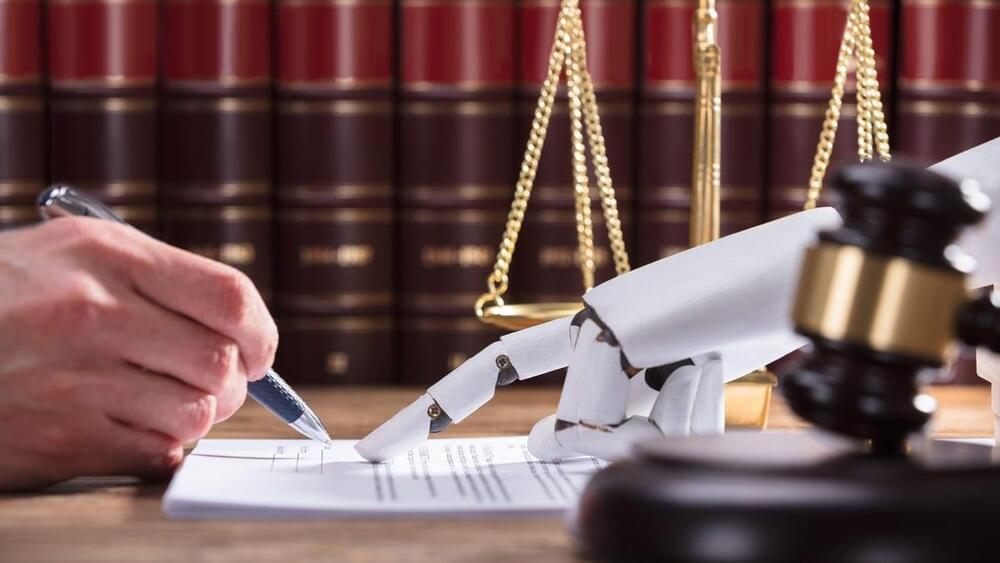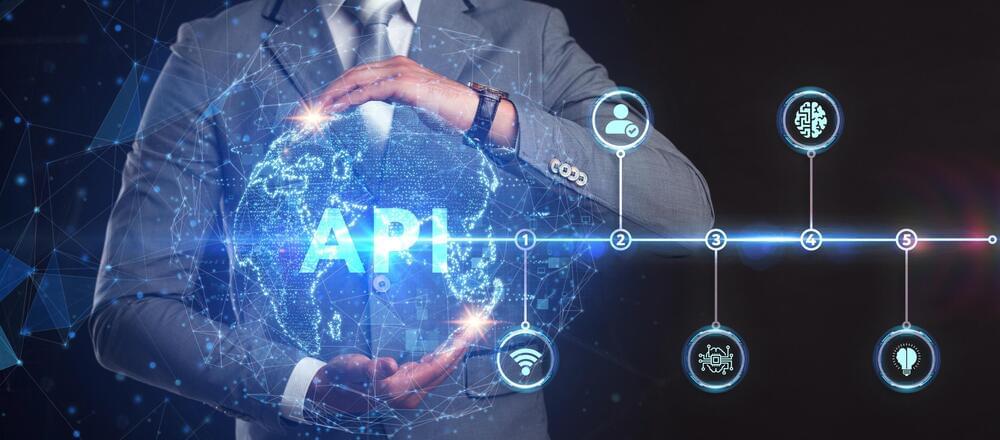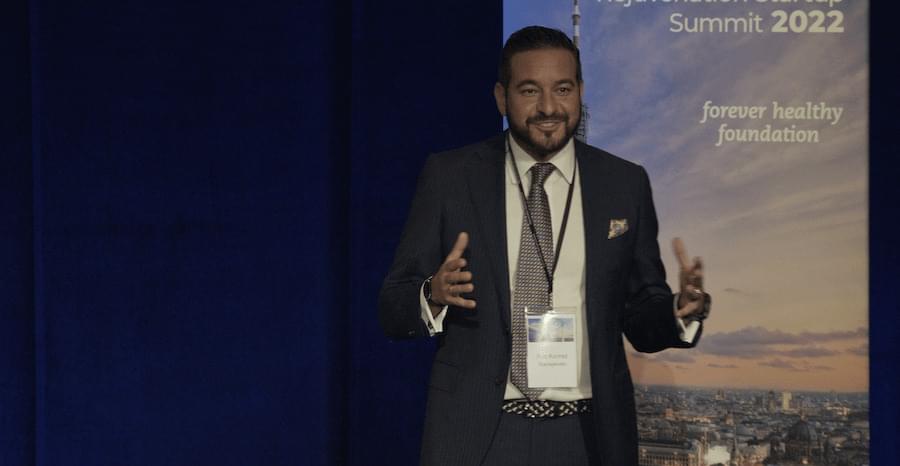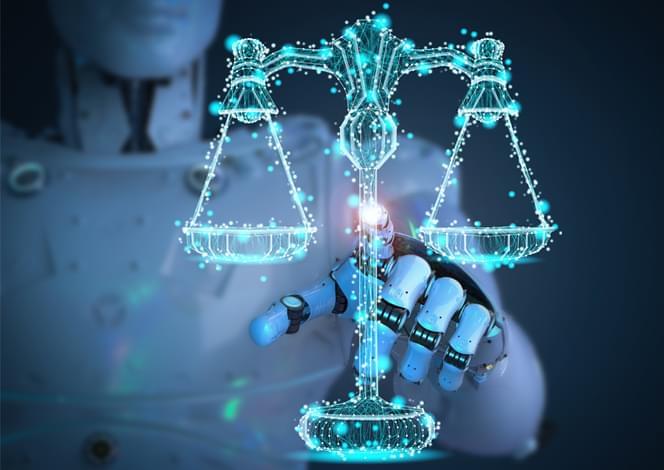They threatened to prosecute the founder.
Company founder, Joshua Browder, says DoNotPay is staying away from law for now, after he received a barrage of ‘threats’ from State Bar associations.


A chatbot powered by reams of data from the internet has passed exams at a US law school after writing essays on topics ranging from constitutional law to taxation and torts.
ChatGPT from OpenAI, a US company that this week got a massive injection of cash from Microsoft, uses artificial intelligence (AI) to generate streams of text from simple prompts.
The results have been so good that educators have warned it could lead to widespread cheating and even signal the end of traditional classroom teaching methods.
Use CHAT GPT to Create INSANE Wealth.
In this video, Dr. Jordan Peterson talks about the recent release of GPT (Generative Pre-trained Transformer) which is a General Language Processing model that was released about a week ago. He explains that this AI system is trained on a massive corpus of spoken and written text, which allows it to analyze a large corpus of text and derive models of the world from the analysis of human speech. He mentions that this technology is still in its early stages but it is expected to advance rapidly in the next year. Dr. Peterson also shares some examples of how GPT has been used, including writing essays, bullet points, and computer code, as well as grading papers and creating character descriptions and images. He concludes that GPT is already smarter than most people and that it is going to be a lot smarter in the next few years, and advises the audience to be prepared for this technological revolution.
* Subscribe to our channel :
Copyright info:
* I do not own the rights to this content. They have, in accordance with fair use, been repurposed with the intent of educating and inspiring others.
* I must state that in NO way, shape or form am I intending to infringe rights of the copyright holder. Content used is strictly for research/reviewing purposes and to help educate. All under the Fair Use law.
* I don’t own any copyright concerning the extracts used in this video. But I allow myself to use them in order to help people in motivational form. If any owners would like me to remove the video I have no problem with that, just send me a letter: [email protected]

Release the Kraken! You are undoubtedly familiar with that famous catchphrase as especially uttered by actor Liam Neeson in The Clash of the Titans.
Perhaps the same sentiment can be applied these days to Artificial Intelligence (AI).
Generative AI ChatGPT is already in the news and will likely garner added attention once the API portal access is opened, leading to either a boon in new uses or a bust in terms of adverse consequences. Here’s the scoop.

An artificial intelligence dubbed Claude, developed by AI research firm Anthropic, got a “marginal pass” on a recent blindly graded law and economics exam at George Mason University, according to a recent blog post by economics professor Alex Tabarrok.
It’s yet another warning shot that AI is experiencing a moment of explosive growth in capability — and it’s not just OpenAI’s ChatGPT that we have to worry about.
Anthropic — which according to Insider secured funding from disgraced crypto exec Sam Bankman-Fried and his alleged romantic partner, former Alameda Research CEO Caroline Ellison — made a big splash with its new AI earlier this week.

To ban, or not to ban, that is the question. I would guess that if Shakespeare were around nowadays, he might have said something like that about the recent efforts to ban the use of a type of AI known as Generative AI
Here’s the deal.
Some rather high-profile bans have been announced regarding the use of generative AI such as ChatGPT. We need to closely examine these bans and decide whether they make any sense. Here’s the scoop.

We use cookies on our website. Some of them are essential, while others help us to improve this website and your experience. If you are under 16 and wish to give consent to optional services, you must ask your legal guardians for permission. We use cookies and other technologies on our website. Some of them are essential, while others help us to improve this website and your experience. Personal data may be processed (e.g. IP addresses), for example for personalized ads and content or ad and content measurement. You can find more information about the use of your data in our privacy policy. You can revoke or adjust your selection at any time under Settings.

The suit claims generative AI art tools violate copyright law by scraping artists’ work from the web without their consent.
A trio of artists have launched a lawsuit against Stability AI and Midjourney, creators of AI art generators Stable Diffusion and Midjourney, and artist portfolio platform DeviantArt, which recently created its own AI art generator, DreamUp.
The artists — Sarah Andersen, Kelly McKernan, and Karla Ortiz — allege that these organizations have infringed the rights of “millions of artists” by training their AI tools on five billion images scraped from the web “without the consent of the original artists.”
AI art gets its first major copyright lawsuit.

They say that actors ought to fully immerse themselves into their roles. Uta Hagen, acclaimed Tony Award-winning actress and a legendary acting teacher said this: “It’s not about losing yourself in the role, it’s about finding yourself in the role.”
In today’s column, I’m going to take you on a journey of looking at how the latest in Artificial Intelligence (AI) can be used for role-playing. This is not merely play-acting. Instead, people are opting to use a type of AI known as Generative AI including the social media headline-sparking AI app ChatGPT as a means of seeking self-growth via role-playing.
You might be wondering why I didn’t showcase a more alarming example of generative AI role-playing. I could do so, and you can readily find such examples online. For example, there are fantasy-style role-playing games that have the AI portray a magical character with amazing capabilities, all of which occur in written fluency on par with a human player. The AI in its role might for example try to (in the role-playing scenario) expunge the human player or might berate the human during the role-playing game.
My aim here was to illuminate the notion that role-playing doesn’t have to necessarily be the kind that clobbers someone over the head and announces itself to the world at large. There are subtle versions of role-playing that generative AI can undertake. Overall, whether the generative AI is full-on role-playing or performing in a restricted mode, the question still stands as to what kind of mental health impacts might this functionality portend. There are the good, the bad, and the ugly associated with generative AI and role-playing games.
On a societal basis, we ought to be deciding what makes the most sense. Otherwise, the choices are left in the hands of those that perchance are programming and devising generative AI. It takes a village to make sure that AI is going to be derived and fielded in an AI Ethically sound manner, and likewise going to abide by pertinent AI laws if so established.

In the first case of its kind, artificial intelligence (AI) will be present throughout an entire U.S. court proceeding, when it helps to defend against a speeding ticket.
San Francisco-based DoNotPay has developed “the world’s first robot lawyer” – an AI that can be installed on a mobile device. The company’s stated goal is to “level the playing field and make legal information and self-help accessible to everyone.”